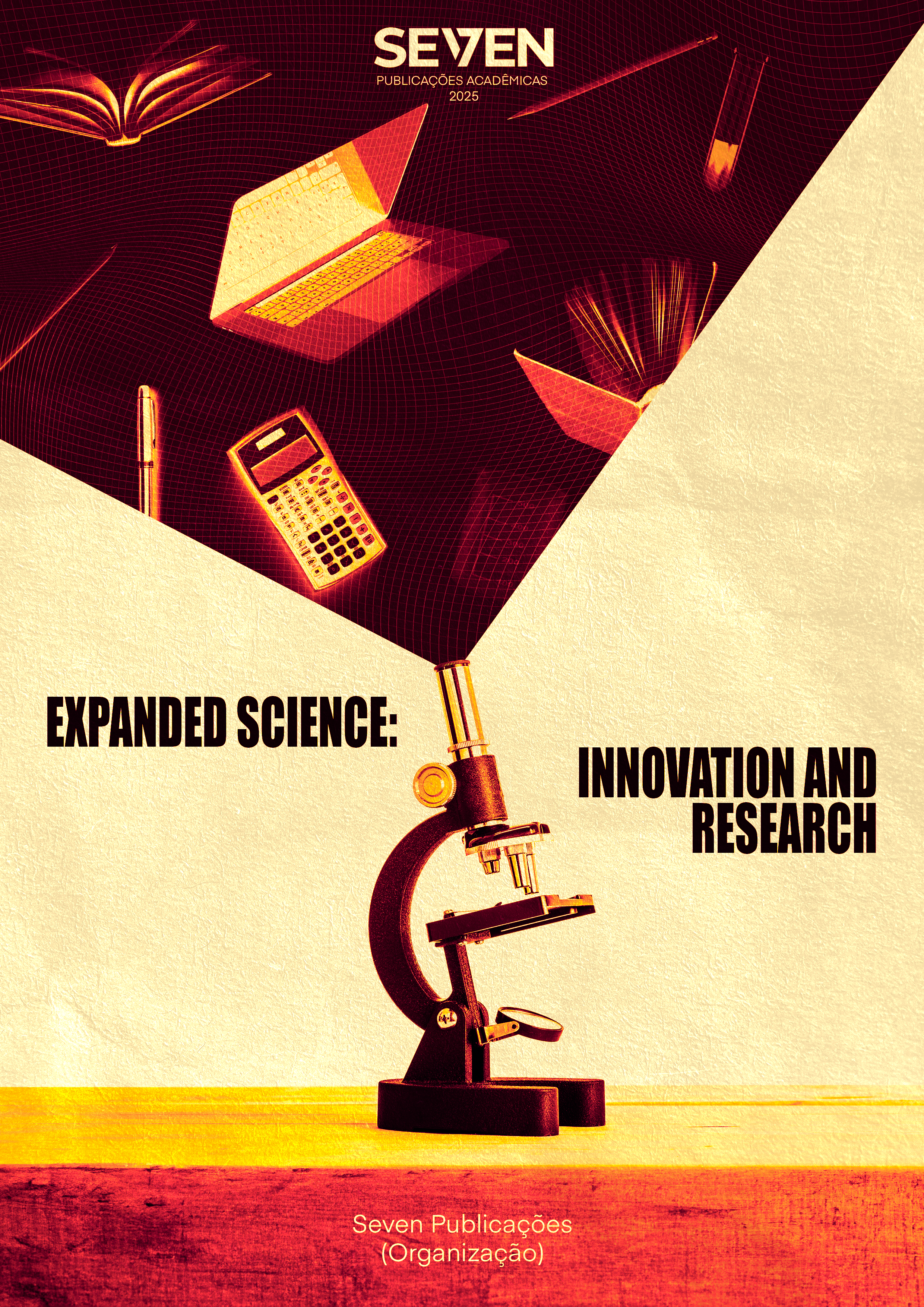SMARTFEED: A LOW-CODE TOOL FOR AUTOMATED CONTENT GENERATION ON LINKEDIN USING ARTIFICIAL INTELLIGENCE
Keywords:
Artificial Intelligence, Content Automation, LinkedIn, Low Code, PLNAbstract
This article presents the development of the smartFEED system, a web application built with low-code tools to automate strategic content creation on LinkedIn, especially aimed at micro and small businesses (SMBs) and content creators. The goal is to democratize access to high-quality digital communication, promoting greater efficiency, visibility, and professional authority. The article outlines the main requirements and functionalities of the system, designed to meet different user profiles with varying needs for digital positioning. The data modeling adopts relational structures and use-case-oriented flows, covering operations such as registration, topic input, tone selection, and automatic generation of text, hashtags, and visual scripts. Technologies such as FlutterFlow, Figma, and the OpenAI GPT API were integrated to ensure stability, customization, and accessibility. Content generation is based on artificial intelligence and structured into reusable blocks, allowing users to maintain a consistent presence on the platform without needing advanced technical knowledge. Digitizing the content creation process reduces errors, standardizes communication, and speeds up strategic personal marketing decisions. The system also promotes user autonomy and contributes to digital inclusion in a professional context. As a future improvement, integration with engagement metric systems and other social networks is planned. The article highlights the strategic role of technology in building digital reputation and strengthening professional presence in algorithm-driven environments.
Downloads
Published
Issue
Section
License
Copyright (c) 2025 Marilia Silva Cardoso dos Santos, Ricardo Marciano dos Santos, Thiago Silva da Conceição, Alfredo Nazareno Pereira Boente, Vinícius Marques da Silva Ferreira, Rosangela de Sena Almeida, Luciana Ferreira Mattos Colli, Renata Miranda Pires Boente

This work is licensed under a Creative Commons Attribution-NonCommercial 4.0 International License.





